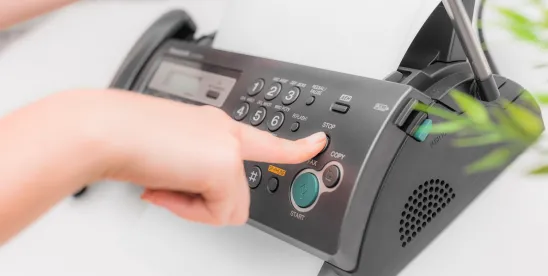We can all agree that discovery is burdensome especially in TCPA class actions. However, if you are thinking of running a goose chase with opposing counsel, think again! The courts are not impressed as was the case in Bales v. Bright Solar Marketing LLC (“BSM”) No. 5:21-CV-496-JSM-PRL, 2022 WL 17272426, at *1 (M.D. Fla. Nov. 29, 2022).
Some background – Plaintiff alleges Defendant violated the Florida Telephone Solicitation Act (“FTSA”), Fla. Stat. §§ 501.059(4) & (8)(a), and the Florida Telemarketing Act (“FTA”), Fla. Stat. § 501.616(a) by calling him: (1) using an auto dialer, (2) despite his number being on a no-call list, and (3) before 8 a.m. or after 8 p.m. Further, although Plaintiff has yet to seek class certification, he seeks to represent three classes consistent with his allegations. In response, Defendant raises an affirmative defense of prior express written consent of the called party.
Plaintiff served on Defendant requests for document production –two of which are at issue. Generally, the first request is to produce all documents containing information [specifically identified in subsections a-f] for each outbound solicitation sent by BSM. Second, to the extent that Defendant asserts Plaintiff’s prior consent or putative class members, production of the specific websites.
Defendant’s refusal to produce call records started the inevitable discovery chase!
For almost four months, Plaintiff communicated with Defendant to obtain the records. First, BSM refused to provide records until a protective order was in place. A month later, the protective order was executed, and Defendant produced documents except call records for the putative class and consent records for same. But wasn’t that the original request? Yes.
A second month later, BSM stated it would advise on its position for producing documents but was still unsure. By the end of the month, the parties reached an impasse on the call records, but Defendant stated it would supplement class information for the consent records in the following weeks.
Another month later, Defendant produced thirty-five pages of documents most of which it had already produced. Two weeks later, Defendant confirmed that parties were at an impasse, and it was abstaining from producing consent records for the class. Duh?!
Less than a month thereafter, Plaintiff filed a Motion to Compel Defendant’s production of call records and consent records for the putative class. The Court brought the chase to a halt granting Plaintiff’s Motion to Compel ordering swift production and rejecting all of Defendant’s stall tactics.
First, the Court rejected Defendant’s argument that Plaintiff’s motion was untimely finding that the delay was as a result of the Defendant and Plaintiff’s futile attempt to avoid judicial intervention. Then the Court rejected Defendant’s argument that it is inappropriate to discover class member information prior to class certification because precertification discovery is permissible to the extent that the information sought sheds light on Rule 23 requirements.
As to the privacy concern, the Court was not convinced finding that Defendant failed to cite which privacy laws would be violated by producing call records. Even if there was a privacy issue which the Defendant did not properly plead, the Court noted that a protective order was executed and sufficient to prevent privacy concerns.
Lastly, the Defendant argued that it actually complied with Plaintiff’s consent records because the request uses “the disjunctive phrase Plaintiff or putative class members.” (insert chuckle) The Court didn’t spend much time here siding with Plaintiff that the request uses the word “or” to clarify that the documents need not have Plaintiff’s consent and a putative class member.
So TCPA World, if you are in the midst of discovery, play nice and communicate clearly. No one likes a goose chase unless it’s in a playground. I enjoyed the laugh and hope that you did too.
Til next time, Countess!




 />i
/>i
